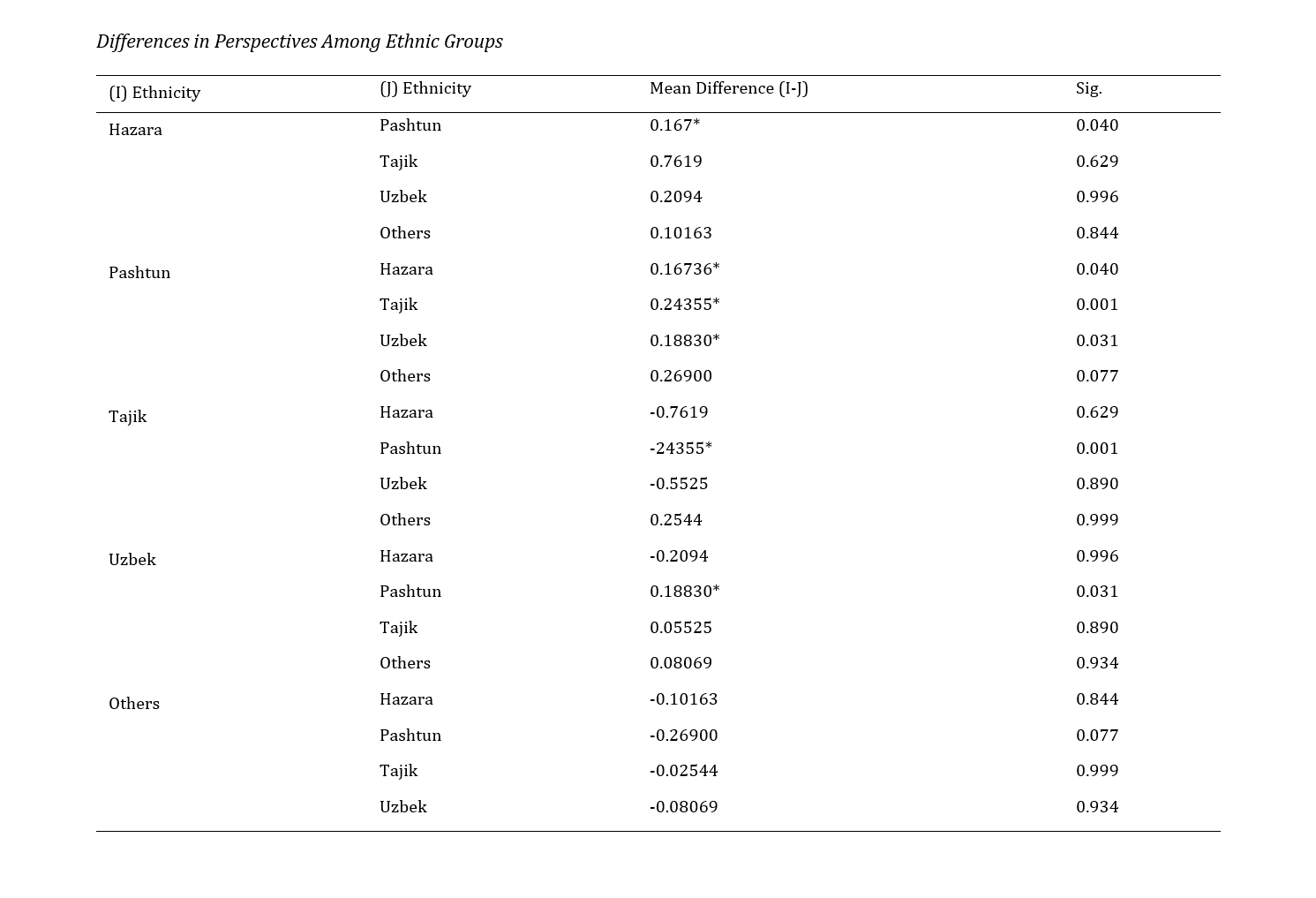Analysis of Internal Conflicts in Afghanistan from the Perspective of Ethnic Elites in the Last Two Decades
Keywords:
Afghanistan, internal conflicts, ethnic elites, deprivation, state, regional powers, international system, ethnic nationalismAbstract
Afghanistan has witnessed unprecedented internal wars, terrorist attacks, and insecurity over the past two decades, which have plunged the country into the depths of political turmoil. These conflicts have inflicted significant damage on the country's political structure and people's livelihoods, affecting society, political, social, economic, and cultural relations, and have also caused negative impacts on regional security and economy, especially for neighboring countries. This applied research, from the perspective of the intellectual elites of society, aims to investigate the fundamental causes, effects, and complexities of internal and external factors contributing to Afghanistan's internal conflicts during the last two decades. The research method employed is descriptive-explanatory, utilizing a deductive strategy and inspired by the theory of ethnic elite competition. It seeks to explore the influence of variables such as ethnic nationalism, deprivation, the state, and competition among regional and transregional powers in internal conflicts. The data collection tool used is a questionnaire, and the statistical population consists of intellectual elites from Pashtun, Tajik, Hazara, and Uzbek ethnic groups. The sample size for this study is 400 intellectual elites selected through random sampling. The research initially lacked hypotheses, as the results were obtained after entering data through SPSS software and then applying linear regression calculations. The findings indicate a significant correlation between ethnic nationalism (r = 73%), the state (r = 152%), relative deprivation (r = 52%), and the competition of regional and transregional powers (r = 126%) with social conflicts. Moreover, the most crucial factor in the continuation of internal conflicts in Afghanistan is the monopolization of government by the dominant ethnic group. Ethnic elites, given their societal influence, can act both as agents of conflict escalation and as facilitators of peace.
Downloads






